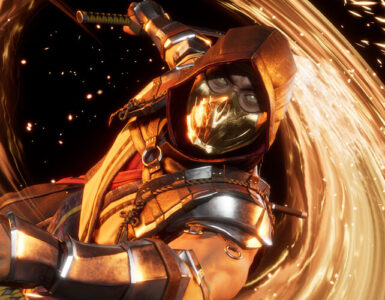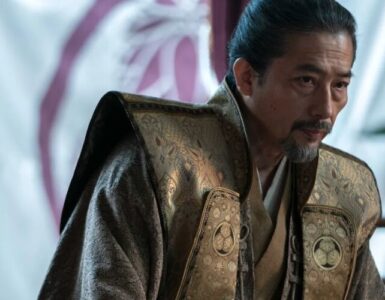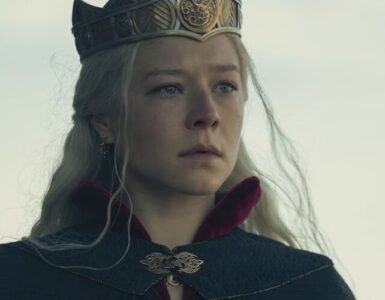George R.R. Martin, the visionary behind A Song of Ice and Fire, which spawned HBO’s hit series Game of Thrones and House of the Dragon, has shared a critical perspective on the prevalent trend of turning beloved books into films and TV adaptations. Speaking in a blog post, Martin voiced his concerns, suggesting that the quality of these adaptations often fails to live up to the original works.
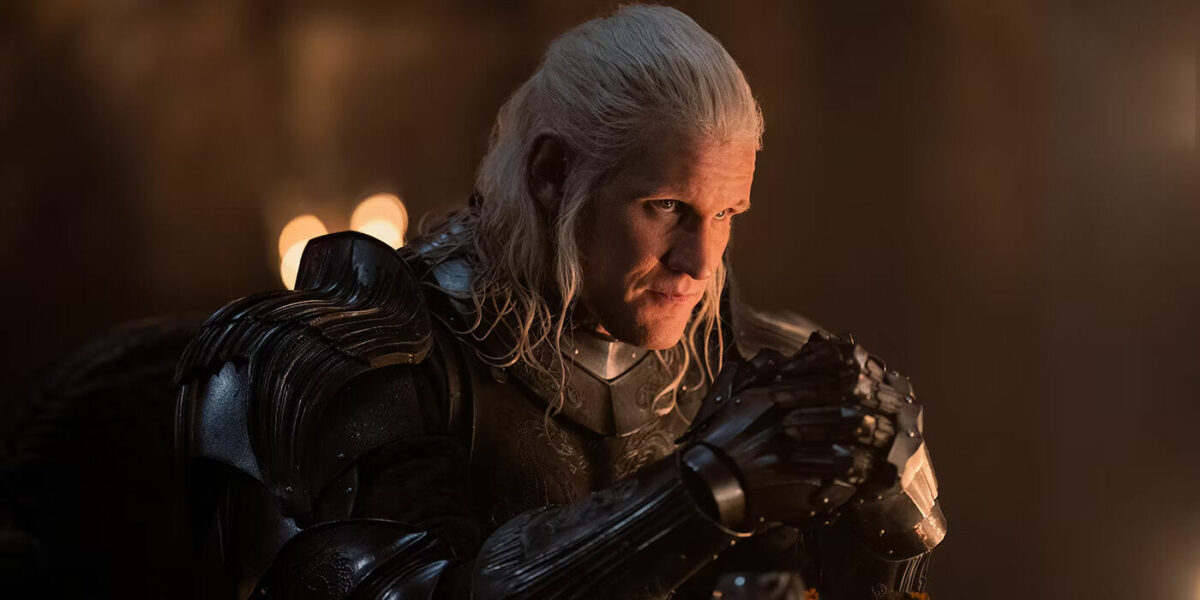
During a panel discussion with Neil Gaiman in 2022, Martin reflected on the state of adaptations, remarking, “If anything, things have gotten worse,” a sentiment he reiterated in his recent blog updates. He expressed his disappointment with the creative direction of many adaptations, stating, “Very little has changed since then in regards to adaptations… It does not seem to matter whether the source material was written by Stan Lee, Charles Dickens, Ian Fleming, Roald Dahl, Ursula K. Le Guin, J.R.R. Tolkien, Mark Twain, Raymond Chandler, Jane Austen, or… well, anyone. No matter how major a writer it is, no matter how great the book, there always seems to be someone on hand who thinks he can do better, eager to take the story and ‘improve’ on it.”
Highlighting the disconnect between original storytelling and Hollywood adaptations, Martin criticised the industry’s approach: “The book is the book, the film is the film,” they will tell you, as if they were saying something profound. Then they make the story their own. They never make it better, though. Nine hundred ninety-nine times out of a thousand, they make it worse.“
According to Martin, this trend is evident even in adaptations of his own work. Game of Thrones initially followed his books closely but veered away in later seasons, particularly after surpassing the narrative that Martin had written. The drop in quality was notable, with many fans and critics pointing out the discrepancies. He highlighted House of the Dragon and upcoming projects like Knight of the Seven Kingdoms and another series focusing on Aegon the Conqueror, acknowledging the challenges of maintaining quality in adaptations.
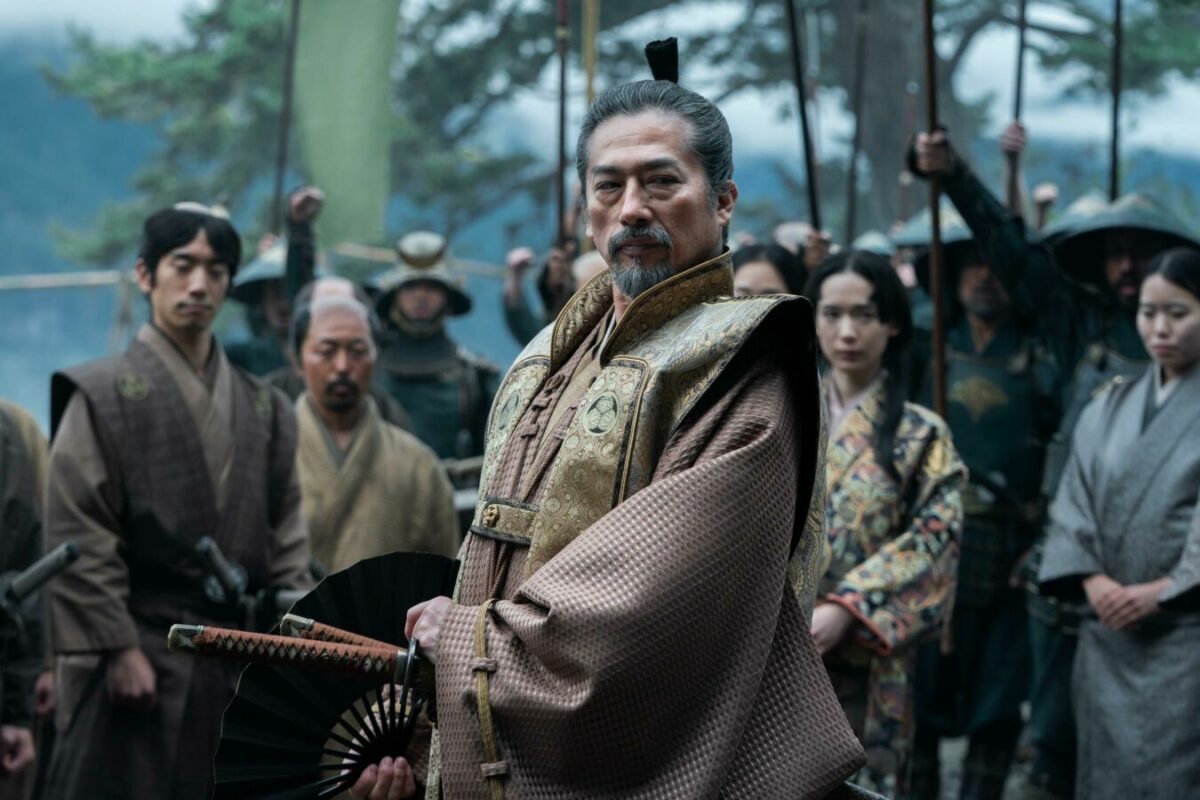
Martin did, however, praise the FX adaptation of James Clavell’s Shōgun as an exemplary model that other adaptations should aspire to emulate. “Once in a while, though, we do get a really good adaptation of a really good book, and when that happens, it deserves applause,” he observed. He elaborated on his positive reaction to Shōgun, sharing, “I was dubious when I first heard they were making another version of the Clavell novel. But the new Shōgun is superb. Better than Chamberlain’s version, you ask? Hmmm, I don’t know. I have not watched the 1980 miniseries since, well, 1980. That one was great too.”
In his concluding remarks, Martin encouraged audiences to judge for themselves while hinting at the broader implications of successful adaptations, “But don’t take my word for it. Watch it yourself. Acting, directing, set design, costume… it’s all splendid here. Along with the writing. And if Shōgun is a big enough hit, maybe the same team will adapt some of Clavell’s other novels.”
Martin’s observations reflect a broader discussion within the entertainment industry about the balance between creative adaptation and faithful reproduction. As adaptations continue to dominate screens large and small, Martin’s insights serve as a reminder of the complexities involved in bringing beloved books to life in film and television.



